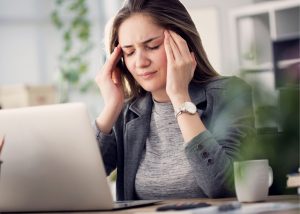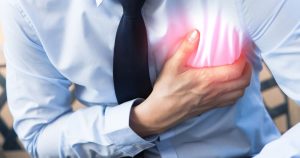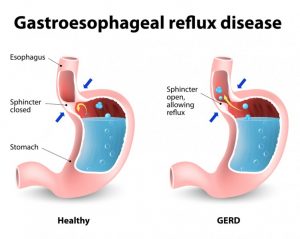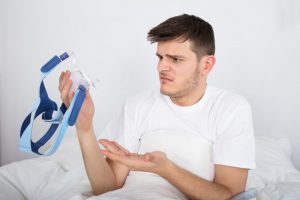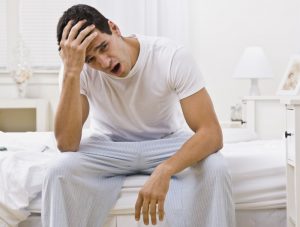Isabel, a hard-working parent of three kids found herself in the office of Dr. Fedosky at Sleep Rehab after many long days of daytime exhaustion. She came to her wit’s end with just barely making it through the day. Like you may be experiencing, Isabel woke up not feeling rested and had to trudge through the day regardless of her fatigue. Frustrated and tired with a full plate of responsibilities, she knew there had to be a solution.
“As soon as I woke up, I would be sleepy within an hour. I was drinking fifteen cups of coffee a day… two to four Cokes a day,” Isabel recalls.
So, what do you do when you’re so chronically exhausted that no amount of caffeine can? This is where Sleep Rehab stepped in to create a life-changing solution for Isabel.
“I heard about Sleep Rehab online as I was Googling different doctors in my area,” Isabel said.
After a consultation with Dr. Fedosky and the Sleep Rehab team, several options were presented and a plan was constructed to combat this daytime sleepiness once and for all so she could be fully present for her kids and family.
“The difference between now and before is that I definitely have more energy. I just feel a lot better, I’m sleeping. I’m starting to get a little bit more active, whereas before I didn’t have any energy to do any kind of walking or working out, or anything, much less cooking.”
A common complaint with patients suffering from Sleep Rehab is a lack of energy to tackle everyday tasks like walking the dog or going grocery shopping.
I can focus better and I can do those things for my family and I feel good about it.”
Thank you, Isabel, for trusting Sleep Apnea and finding us to improve your life and wellbeing. We invite you to watch Isabel’s full testimonial below and contact Sleep Rehab for all of your sleep needs!



